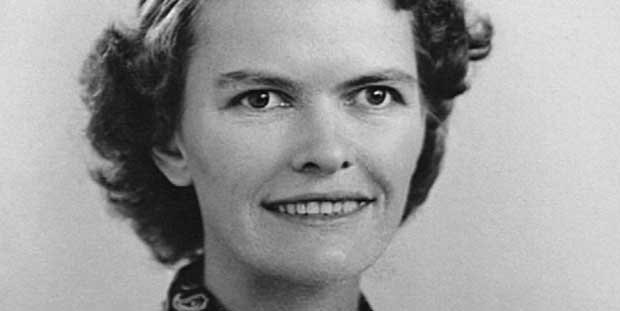When I think about math anxiety, my mind jumps to my relationship with dancing.
I didn’t grow up in a particularly physical household, and I was always more interested in intellectual pursuits than kinesthetic ones. I never learned how to dance. More than that, I never learned how to feel comfortable in my skin. I think back to nights in clubs that would make my skin crawl or loud bars where friends would try to drag me onto the dance floor.
In these memories, the common factor was that I felt out of place. I wasn’t supposed to be there, I wasn’t meant to be doing this thing called dancing, and I knew that everyone around me was judging me.
Math anxiety feels the same way.
This anxiety became acute for me while getting my math degree. There were many sleepless nights when at 3 A.M., alone in my room, surrounded by self-doubt, I questioned whether I belonged in the world of math.
I’ve seen these same feelings of fear and shame in my students at younger and younger ages. So many students have convinced themselves that they’re not supposed to be in a math classroom, they’re not meant to do this thing called math, and everyone around them is judging them.
So how did I overcome my math anxiety? The short answer is I didn’t.
Anxiety, math or otherwise, isn’t something that I’ve been able to overcome or cure. No matter how much math I do, the anxiety that I felt on those sleepless nights is still there: What if I fail? What if I’m not supposed to be doing this? What if I’m not good enough? But even though I haven’t overcome my anxiety, I have learned how to live and flourish with it. Unlike dancing, math is something that I know I can do with perseverance, creativity, and confidence, even when anxiety is in the picture.
I didn’t develop this confidence in math alone. If it wasn’t for the supportive mathematical communities that I’ve been a part of over the years, I’m not sure that I would be where I am today. My journey of learning to live with math anxiety began in college. My dorm was filled with an unusually high number of math majors. We would choose the same classes, provide last-minute homework help, and my favorite: have hours-long “math parties” before midterms and finals. We bonded together over the successes, disappointments, and jubilations that go along with being a math major.
No matter how hard the class was, or how impenetrable the material became, I wasn’t alone in the struggle. It didn’t mean that learning math was easy; there were a lot of failures, frustrations, and fears. But I had a community to help me through it and show me that I belonged.
This positive math community meant so much to me for three reasons:
- It was a space to make mistakes without judgment
- I had the opportunity to collaborate with others
- There were compassionate people who made me believe that I wasn’t alone in my math struggles.
It was through these aspects of community that I learned that I could live alongside my math anxiety and still find success as a mathematician. For dancing, I haven’t yet found such a community. For many people, they’ve never found this for math.
This is one of the reasons that I fell in love with math festivals. Math festivals give all people — regardless of age or background —permission to play, experiment, grow, discuss, share, and work together in ways that are rarely associated with math. Math festivals give people the opportunity to be a part of a positive math community. Most importantly, many math festivals start to build these math communities in places that otherwise wouldn’t have them.
My favorite way to build new communities is with a math festival. How do you build communities in your life, math or otherwise?




